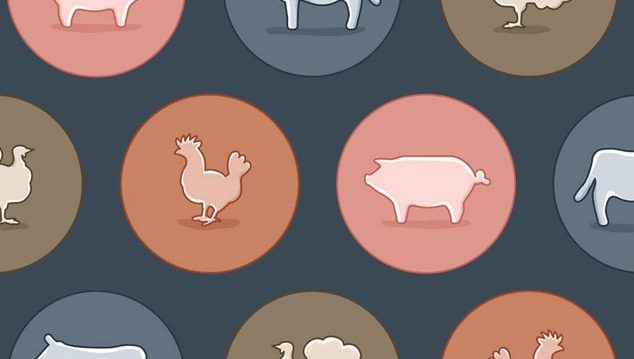Source: Global Ag Media/The Pig Site 13 April 2021, photo credit: PEW
A five-year animal agriculture program launched by USAID and led by Cargill, Ausvet, Heifer International and International Poultry Council will increase capacity of farmers, governments and other stakeholders to prevent and quickly respond to growing human health security risks.
The United States Agency for International Development (USAID) has tapped a consortium led by Cargill and including Ausvet, Heifer International, and the International Poultry Council (IPC) to improve livestock management and combat the threat of zoonotic diseases to both human and animal health.
The five-year, $33 million Transformational Strategies for Farm Output Risk Mitigation (TRANSFORM) consortium will harness innovation to sustainably improve animal health, strengthen animal agriculture production systems in Asia and Africa and enhance global health security.
As a farm-based initiative, TRANSFORM will prioritize efforts to significantly decrease the risks of antimicrobial resistance (AMR) and zoonoses, diseases spread from animals to humans such as foodborne pathogens, anthrax and Avian and swine influenza.
The group will also consider transboundary animal diseases(TADs,) such as foot-and-mouth disease and African swine fever. Scientists estimate that more than three out of five known infectious diseases in people can be spread from animals, and 75% of new or emerging infectious diseases in people come from animals.
Smallholder farmers around the world are particularly vulnerable to transboundary animal diseases, with livestock representing their main source of food and income, and access to veterinary services often limited.
Read more
The South African Pork Producers’ Organisation (SAPPO) coordinates industry interventions and collaboratively manages risks in the value chain to enable the sustainability and profitability of pork producers in South Africa.
















